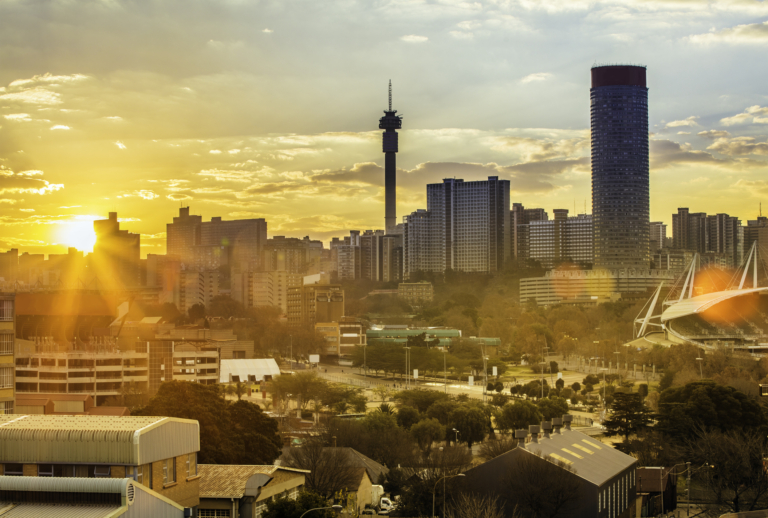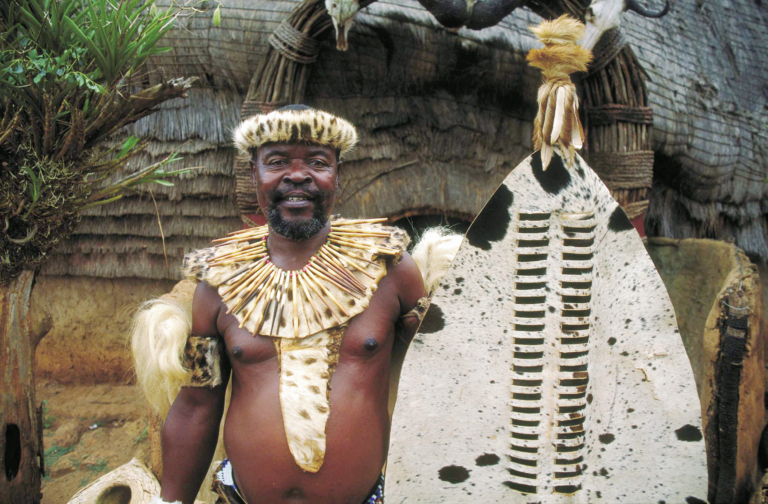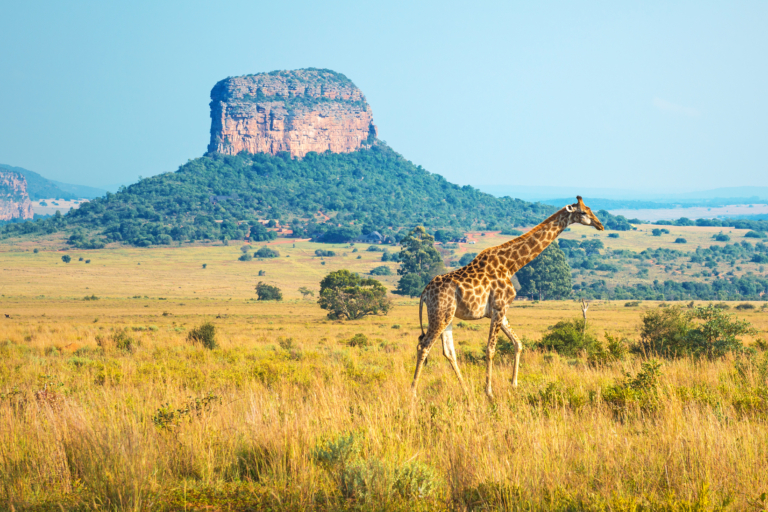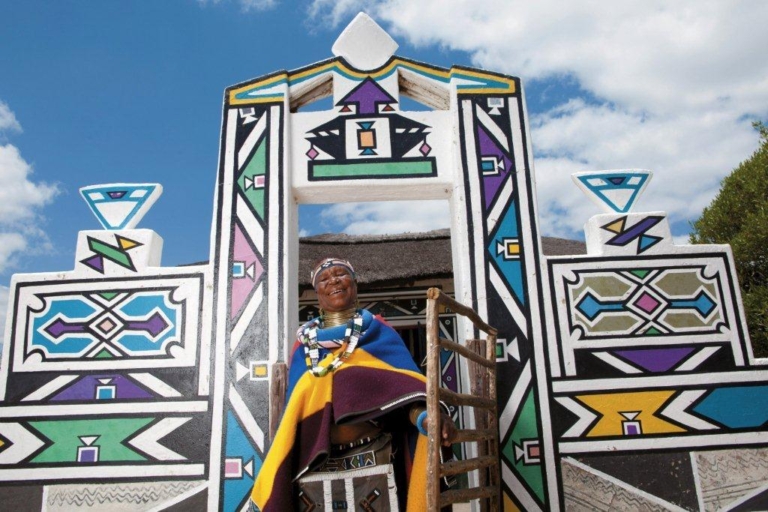South Africa assumes the G20 Presidency from 1 December 2024 through to November 2025, approximately five years before the deadline of the United Nations (UN) 2030 Agenda.
South Africa will hold the G20 Presidency from 1 December 2024 to 30 November 2025, only five years before the deadline of the United Nations (UN) 2030 Agenda.
South Africa’s Presidency
South Africa’s G20 Presidency takes place when the world is facing a series of overlapping and mutually reinforcing crises, including climate change, underdevelopment, inequality, poverty, hunger, unemployment, technological changes and geopolitical instability. The UN Secretary-General, Mr Antonio Guterres, underscored the urgency of the situation during the launch of the Special Edition of the Sustainable Development Goals (SDGs) Progress Report on 25 April 2023. He noted with concern that only 12% of the SDG targets are currently on track, with approximately 50% needing more substantial progress, and more than 30% of the SDGs having either stalled or reversed. To achieve the 2030 SDGs, the forthcoming G20 Presidencies must encourage a paradigm shift and accelerate the implementation of practical solutions.
While the challenges we face are common, their causes and consequences are unevenly distributed. Part of the paradigm shift requires G20 countries to situate inequalities at the heart of economic policy making. Inequality poses a significant threat to global economic growth, development and stability, as the disparities in wealth and development within and between countries are both unjust and unsustainable. Inequality and its deleterious consequences are especially evident in the Global South.
A lack of predictable and sustainable financing for development and climate action exacerbates these inequalities. This is worsened further by polarised ownership patterns of critical resources for development, extreme vulnerability to pandemics and other global public health emergencies. These challenges are difficult to overcome given crippling sovereign debt levels that force many countries to sacrifice their developmental obligations to service unmanageable debts.
South Africa will address these urgent challenges by building partnerships across all sectors of society, acting in the interests of our shared humanity. In the spirit of Ubuntu, we recognise that individual nations cannot thrive in isolation. Countries that attempt to prosper alone amid widespread poverty and underdevelopment contradict the essence of Ubuntu and our collective humanity. This understanding reflects the transformative promise of the 2030 Agenda and its SDGs, which are dedicated to ensuring that no one is left behind.
It is with the spirit of Ubuntu that South Africa approaches its Presidency of G20. This African philosophy emphasises the interconnectedness of individuals within a broader communal, societal, environmental and spiritual context. Ubuntu is often translated as “I am because we are” or “I am because you are”. This guiding principle will shape South Africa’s approach as it seeks collective solutions to pressing global collective economic and financial challenges.
To tackle the global polycrisis, South Africa has embraced the theme “Solidarity, Equality, Sustainability” for its G20 Presidency. The high-level deliverables and priorities under this theme, lie at the core of the original G20 mandate of promoting Strong, Sustainable, Balanced and Inclusive Growth.
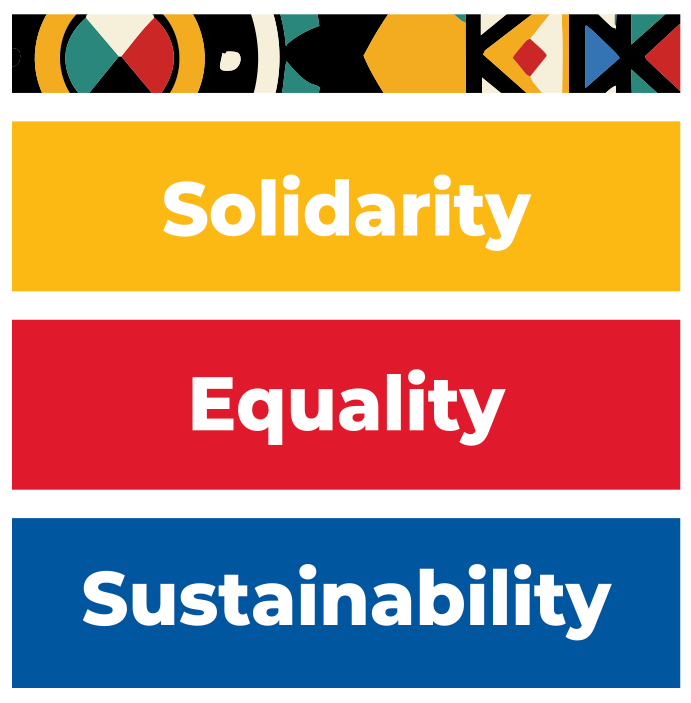
Theme: Solidarity, Equality, Sustainability
Through solidarity, we can create an inclusive future centred on people. Solidarity will allow us to develop our societies in a way that reflects our shared humanity. In our interconnected world, the challenges faced by one nation impact all nations.
By promoting equality, we strive to ensure fair treatment and equal opportunities for all individuals and nations, regardless of their economic status, gender, race, geographic location or any other characteristic.
Sustainability involves meeting the needs of the present without compromising the ability of future generations to meet their own needs.
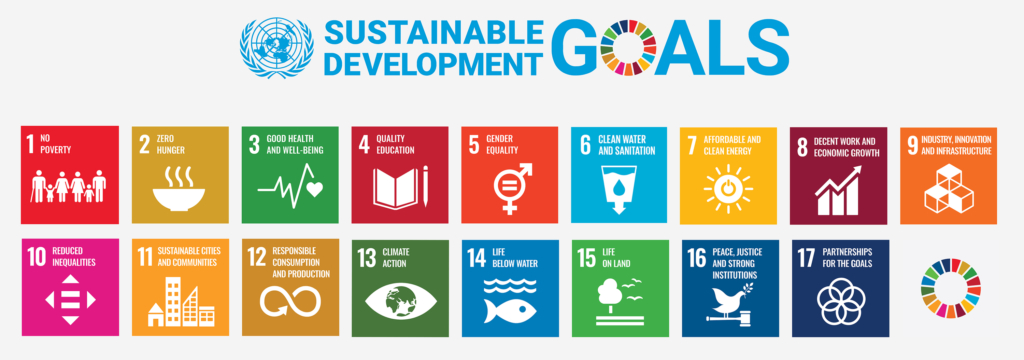
Given the state of the World, South Africa believes the G20 should elevate the following:
First, we must take action to strengthen disaster resilience and response. The increasing rate of climate-induced natural disasters is affecting countries around the world, with a devastating impact on those countries that cannot afford the costs of recovery and rebuilding. South Africa will elevate this issue to leader level, calling for the global community, including international financial institutions, development banks and the private sector, to scale up post-disaster reconstruction.
Second, we must take action to ensure debt sustainability for low-income countries. A key obstacle to inclusive growth in developing economies, including many in Africa, is an unsustainable level of debt which limits their ability to invest in infrastructure, healthcare, education and other development needs. Building on G20 initiatives undertaken in recent years, South Africa will seek to advance sustainable solutions to tackle high structural deficits and liquidity challenges and extend debt relief to developing economies. South Africa will also seek to ensure that the sovereign credit ratings are fair and transparent and to address high risk premiums for developing economies. Key to addressing the debt question is dealing with the Cost of Capital. We believe the G20 has the capacity to address this matter in a comprehensive manner.
Third, we must mobilise finance for a just energy transition. South Africa will seek to secure agreement on increasing the quality and quantity of climate finance flows to developing countries. This would include strengthening multilateral development banks, enhancing and streamlining support for country platforms such as the Just Energy Transition Partnership and more effectively leveraging private capital.
Fourth, we must work together to harness critical minerals for inclusive growth and sustainable development. As minerals extraction accelerates to match the needs of the energy transition, it is crucial to ensure that the countries and local communities endowed with these resources are the ones to benefit the most. South Africa will use its G20 Presidency to champion the use of critical minerals as an engine for growth and development in Africa.
These considerations above will shape South Africa’s approach across G20 Working Groups in both the Sherpa and Finance Tracks. They will also inform three time-bound Task Forces that will bring together role players across the Tracks and Working Groups, focused on the following high-level deliverables:
High-Level Deliverables
- Task Force 1 – Inclusive Economic Growth, Industrialisation, Employment and Reduced Inequality
- Task Force 2 – Food Security
- Task Force 3 – Artificial Intelligence, Data Governance and Innovation for Sustainable Development
A review of the work of the G20, “The G20 at 20 years”: A Reflection on Key Achievements and the Way Forward, will also feature as one of South Africa’s deliverables, through a Sherpa Track Initiative.
South Africa also proposes the establishment of a Cost of Capital Commission during its G20 Presidency. This Commission will deliver a comprehensive expert review on the issues impacting the cost of capital for developing economies which could help address future debt sustainability issues and the related fiscal space challenges.
In addition to these dedicated contributions, South Africa will also seek to take forward advances achieved under previous presidencies. In particular, South Africa recognises the centrality of advancing work on increasing fair financing for development, including through scaling up Multilateral Development Banks (MDBs); taking forward global financial architecture reform; improving pandemic preparedness; achieving fair international taxation regimes, including taxation of the super-rich.
All these priorities, as well as the overall theme, will influence Working Groups’ priorities and work plans. The initial issue notes of each Working Group will reflect on how their work relates to these high-level priorities and the agendas for Working Group meetings should take these priorities into account. The task forces will establish closer working relations with Working Groups most connected to each of the priority areas.
Guided by the spirit of Ubuntu, decision-making and governance in traditional African societies has, in the main, operated by way of consensus for what is in the best interest of all. Consistent with this wisdom, South Africa views the diversity of the G20 nations as a strength rather than a source of division and will preserve the unity of the Group in pursuit of the priorities outlined.
South Africa fully supports the approach of strengthening partnerships and expanding dialogue with a wide range of actors; including States, international organisations and civil society; to collectively shape the G20’s approach to issues requiring international cooperation.
Civil society and non-governmental organisations
The experience, networks, research capacity and grassroots level knowledge of the G20 engagement groups will continue to greatly enrich the G20’s collective discussions and policy decisions.
The participation of non-governmental stakeholders reflects the overall commitment of South Africa to work towards a broader and more inclusive Presidency, which is also reflected in our overall theme and deliverables during this year. Taking on board different perspectives, including those which may not be ideologically aligned to ours, is especially important for South Africa, as it will confer greater legitimacy to the G20 as an organisation and to the outcomes of the Leaders’ Summit in 2025.
The South African government also recognises the significant strides made by the Brazilian G20 Presidency in enhancing the G20 as a site of democratic global engagement. The South African presidency will continue this trajectory.
Dialogues with civil society and other non-government institutions will be conducted by engagement groups such as the Business20 (B20), Civil20 (C20), Labour20 (L20), Parliament20 (P20), Science20 (S20), Start-up20 (SU20), Supreme Audit Institutions20 (SAI20), Think-tank20 (T20), Urban20 (U20), Women20 (W20) and Youth20 (Y20), the Oceans20 (O20) and the Judiciary20 (J20).
Representatives of G20 Engagement Groups will define joint positions on the group’s agenda topics within their independent dialogue processes, with the responsibility for the opinion-forming processes lying entirely in the hands of these groups.
The work undertaken by Engagement Groups will lead to recommendations, which will reach the mid-year Foreign Ministers, the Finance and Central Bank Ministerial Meetings, as well as the Leaders’ Summit. In South Africa’s G20 Presidency, further modalities will be developed to involve a wide range of stakeholders throughout the year, particularly on priority initiatives.
G20 Social
South Africa is impressed with how Brazil broadened the inclusivity of the G20 beyond the current Engagement Groups. We are committed to continuing this initiative. South Africa has a vibrant and dynamic civil society sector that will contribute to ensuring that this process is successful.
DISCOVER OUR 9 PROVINCES & THEIR MAIN ATTRACTIONS
From untouched shores to iconic historical landmarks, the Eastern Cape captures the essence...
Home to historic landmarks, unique geological wonders and thrilling outdoor adventures, this province...
Gauteng is a province like no other. As the economic powerhouse of Africa,...
From the iconic Drakensberg peaks to Durban’s sunlit shores, KwaZulu-Natal invites you to...
Limpopo Province is a destination like no other, where nature’s grandeur meets a...
Embark on a journey through Mpumalanga and experience the province’s unparalleled natural beauty...
Nestled in the heart of South Africa, the North West Province offers a...
Spanning vast arid landscapes, the Northern Cape is a realm of stark beauty...
The Western Cape, with Cape Town at its heart, is a dynamic region...




